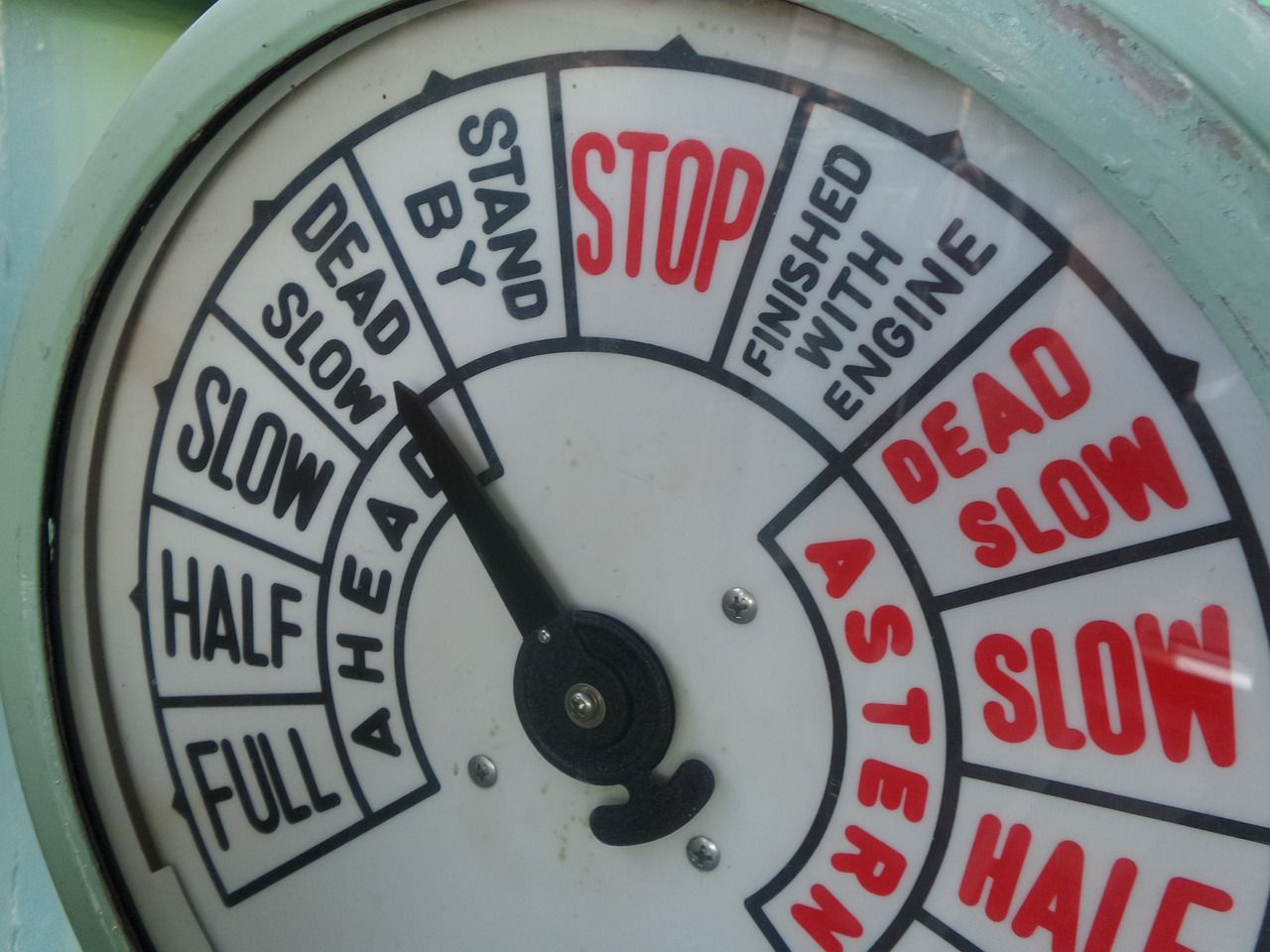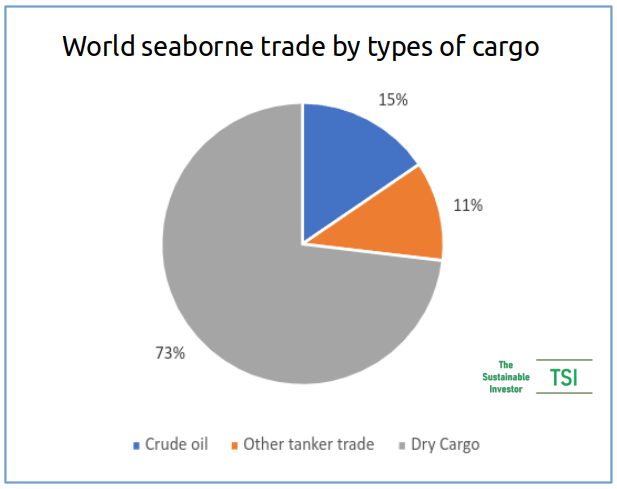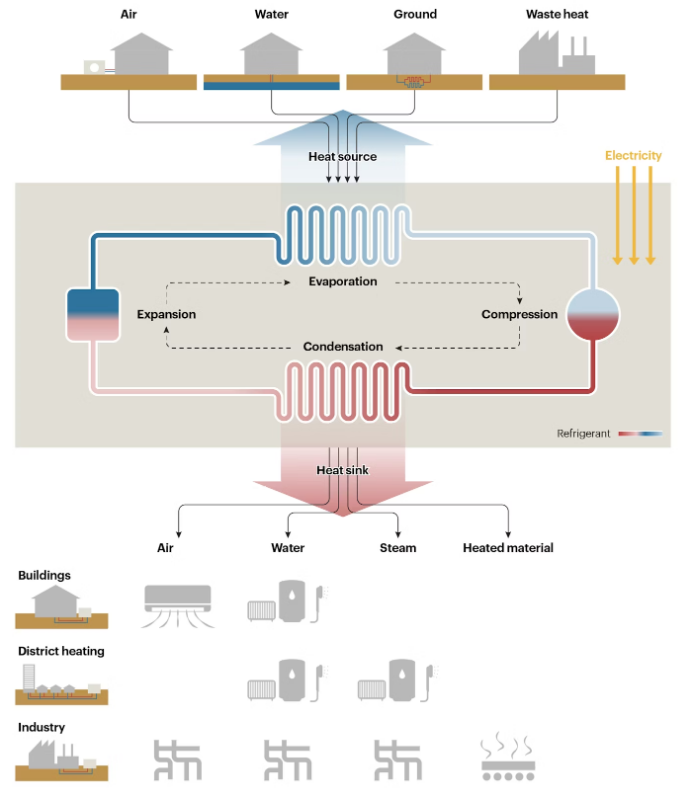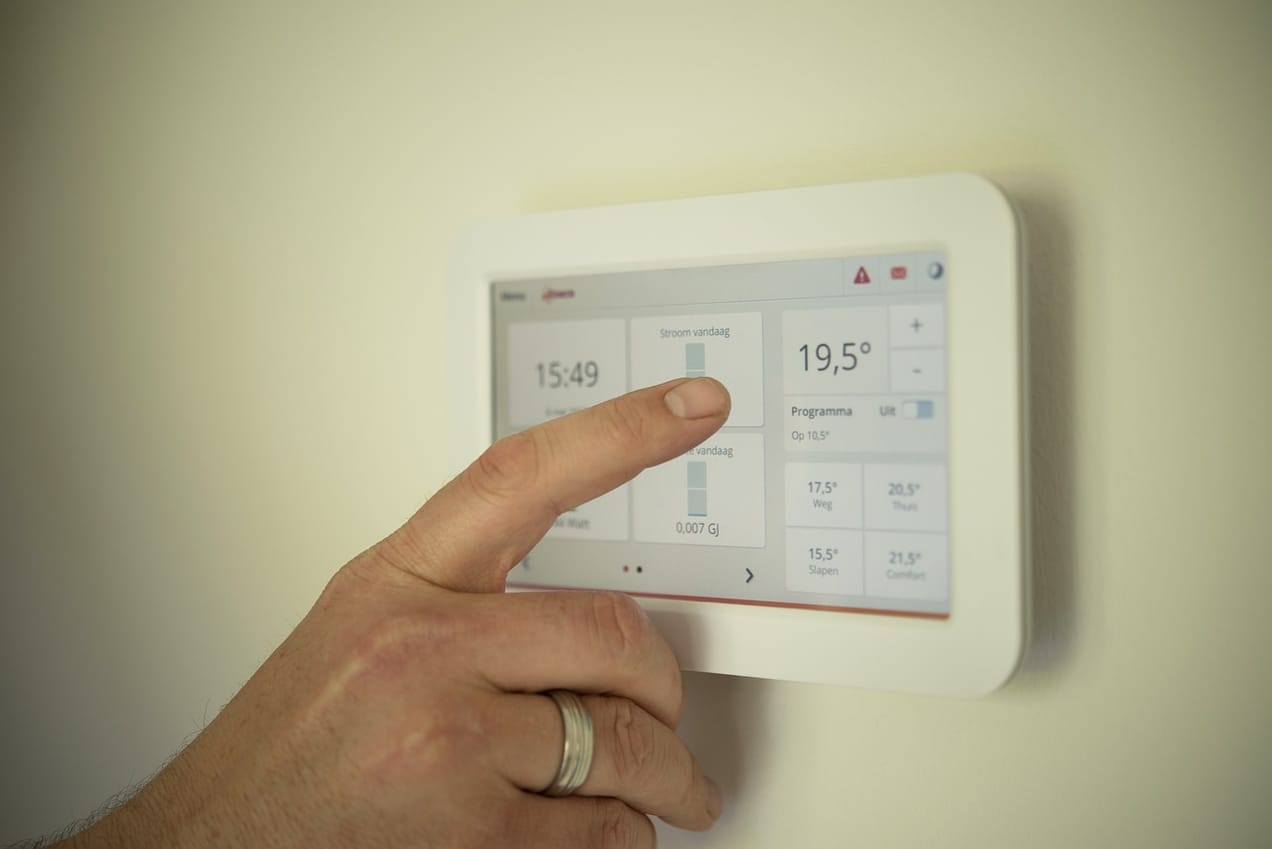
Decarbonising shipping with the energy you don't use
Shipping is a big emitter of harmful gases. Regulation and innovation in fuels is an important path to reducing that. Increasing efficiency is also a big help and has a cost advantage too.
Summary: The cheapest and greenest energy is the one we don't use. In the built environment, improvements in energy efficiency such as insulation are key to decarbonising the sector. Shipping has its own 'insulation' or ways in which, even if the type of fuel remained the same, the amount consumed can be reduced. We introduce four main categories of energy efficiency for shipping: fuel consumption, onboard energy efficiency, voyage optimisation and port optimisation.
Why this is important: Alternative fuels are still not at a scale that can support current shipping behaviour globally. We need to find other ways to reduce emissions in conjunction. It just so happens that they can also reduce costs.
The big theme: Transportation has the highest reliance on fossil fuels of any sector. Approximately 91% of its energy comes from them. For 45% of countries, transport is the largest source of energy related emissions and it is the second largest source for the rest. Changing how we transport ourselves and our goods helps with both climate change and with health and well-being issues and is a rich vein for investment.

The details
Why do we care about shipping?
More than 80% of traded goods by volume are transported on ships. One of the largest cargoes is petroleum goods and its byproducts.

Energy products in total were approximately 36% of global seaborne trade in 2021 with almost two-thirds of oil produced globally moved by ship.
International shipping accounts for almost 3% of global energy-related CO2 emissions and is the second biggest transport emitter after road transportation, albeit that road transportation has almost seven times the emissions!

